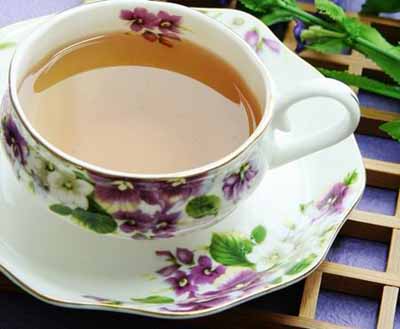- 最后登录
- 2008-9-11
- 在线时间
- 0 小时
- 寄托币
- 974
- 声望
- 0
- 注册时间
- 2005-6-21
- 阅读权限
- 25
- 帖子
- 3
- 精华
- 1
- 积分
- 838
- UID
- 2110339

- 声望
- 0
- 寄托币
- 974
- 注册时间
- 2005-6-21
- 精华
- 1
- 帖子
- 3
|
发表于 2005-7-24 00:02
Issue136: 400 words 50 minutes 516字(补)
The absence of choice is a circumstance that is very, very rare.
Bread, cake, milk and coffee. When you rush to the table to search your breakfast with hurry, these things are waiting for you. Then you are facing a problem--which ones can be ate by you. The choice--defined as the right to decide your scheme--can perhaps produce different results when the expected idea of you and the existing conditions cannot identify in different situations.
开头给人的感觉很新颖,但是我觉得我们应付ETS的考试时还是有固定的格式比较好.
In fact, when choice is fitting the given conditions, there are enough choice choices to offer apt satisfaction. Simple put, assuming that there are only bread and milk on the table and they are your favors, then you will attain the largest satisfaction by this situation. That means, the expected idea which represents your desire by your interest in choosing--you like to eat bread and drink milk at this moment is suitable to the special condition--the ones put on the table for your choice. The enjoyable breakfast creates a comfortable feeling which may be with you all day. Thus, when the expected idea matches with the special condition, the choice is very, very suitable.(这个例子我觉得不是很有哦说服力,好象觉得和choice 没有什么太的联系,这能充分证明你的TS吗??)
Moreover, when the given condition overs the subjective idea, the choice is so enough that overloaded. Consider the above situation that cake, bread, milk and coffee provided on the table, now you own more choice to pick up your breakfast. Still, you will eat bread and milk as your final combination. Because in your opinion, bread and milk are more delicious to you and your ailing stomach forbid your next choice although you have a good appetite. In this situation, the additional condition--more food and drink--overtakes your limited ability to accept it. Then you have to deal with the added choice. For example, you can transfer the right of choice to your mother, although she perhaps had eaten her breakfast. Therefore, if the existing condition provides a broad range of subjects and some of them contained the expected ideas, apparently the choice is very very surplus.
你的例子真的很通俗,但是你不吃的东西让妈妈吃好象只是符合某些家庭,不如从别的事例去论证,比如说人的工作,在选择一种职业后即使有很多其他的机会也要放弃,因为人的精力是有限的
However, the absence of choice can be reflected in another situation when expected idea devours the actual condition. The same example, but adding a special condition--you had stayed up all night-- and cutting coffee, discloses an opposite result. Although you are tired, a significant exam in this morning is urging you to wake up entirely and keeping an active mind. In this situation, drinking coffee is one of the effective measures. But only milk appearing on the table, the narrow condition impedes your will and you have to accept it. After that, perhaps sleeping in the exam even before it starts is a terrible result which due to the limited choice.
这段TS 不明确,是不是想表达choice 是逼不得已的啊,其实one choice=no choice,
To sum up, the comparative relationship between given condition and expected ideas and decides the amount of choice together. If they are apt to balance, no more choice will be left. If the former overtake the latter, the surplus choice will survive. In contrast, the limited choice perhaps exert to press you admit the situation even if you would not like to. Therefore, diverse situations lead to various results which represent the amount of choice.
结尾给人一种文章没有完的感觉,好象没有什么可升华的东西,不如补充点增强自身的素质以便来适应生活中的选择
我的I136: https://bbs.gter.net/viewthre ... B%B0%A2%D4%F1%B2%CB |
|


 GO
GO









 发表于 2005-7-24 00:02:43
发表于 2005-7-24 00:02:43






 发表于 2005-7-24 01:12:30
发表于 2005-7-24 01:12:30





